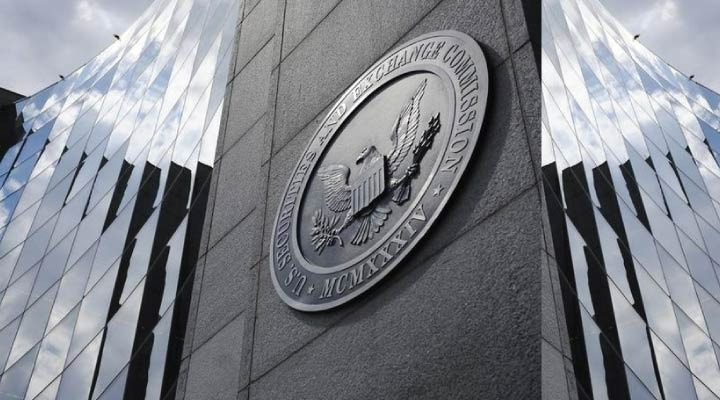The US Securities and Exchange Commission (SEC) obtained a temporary asset freeze order against Utah-based crypto business Digital Licensing Inc., operating as DEBT Box, alleging crypto fraud of $50 million. The company, its four principals (Jason Anderson, his brother Jacob Anderson, Schad Brannon, and Roydon Nelson) and 13 other defendants face restraining orders and other emergency relief.
SEC’s Action against Debt Box
Announced yesterday (Thursday), the crypto company allegedly sold crypto assets, which can be classified as unregistered securities, to hundreds of US investors, raising about $50 million. It also sold “unspecified amounts” of Bitcoin and Ether.
According to the SEC, the defendants have been selling unregistered securities, called 'node licenses', since March 2021, and the fraudulent scheme was ongoing. They promoted the scheme with online videos, on social media, and at investor events, promising exorbitant gains as the “node licenses would generate various crypto asset tokens through crypto mining activity,” and the revenue generated in other sectors would drive the value of the DEBT Box tokens.
A Fake Scheme
However, the SEC pointed out that the node licenses were a “sham” and that the company fraudulently created the token supply of each DEBT Box token with codes in the blockchain. The regulator also found that DEBT Box, its principals, and three other defendants presented false revenues to the investors to drive up the value of the tokens.
“We allege that DEBT Box and its principals lied to investors about virtually every material aspect of their unregistered offering of securities, including by falsely stating that they were engaged in crypto asset mining,” said Tracy Combs, the Director of the SEC’s Salt Lake Regional Office. “We filed this emergency action to protect the victims of the defendants’ unlawful actions and stop further harm.”
With the enforcement action, the US regulator seeks permanent injunctive relief, the return of alleged ill-gotten gains, and civil penalties.

















